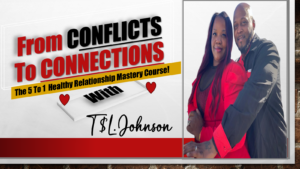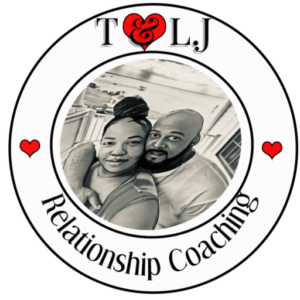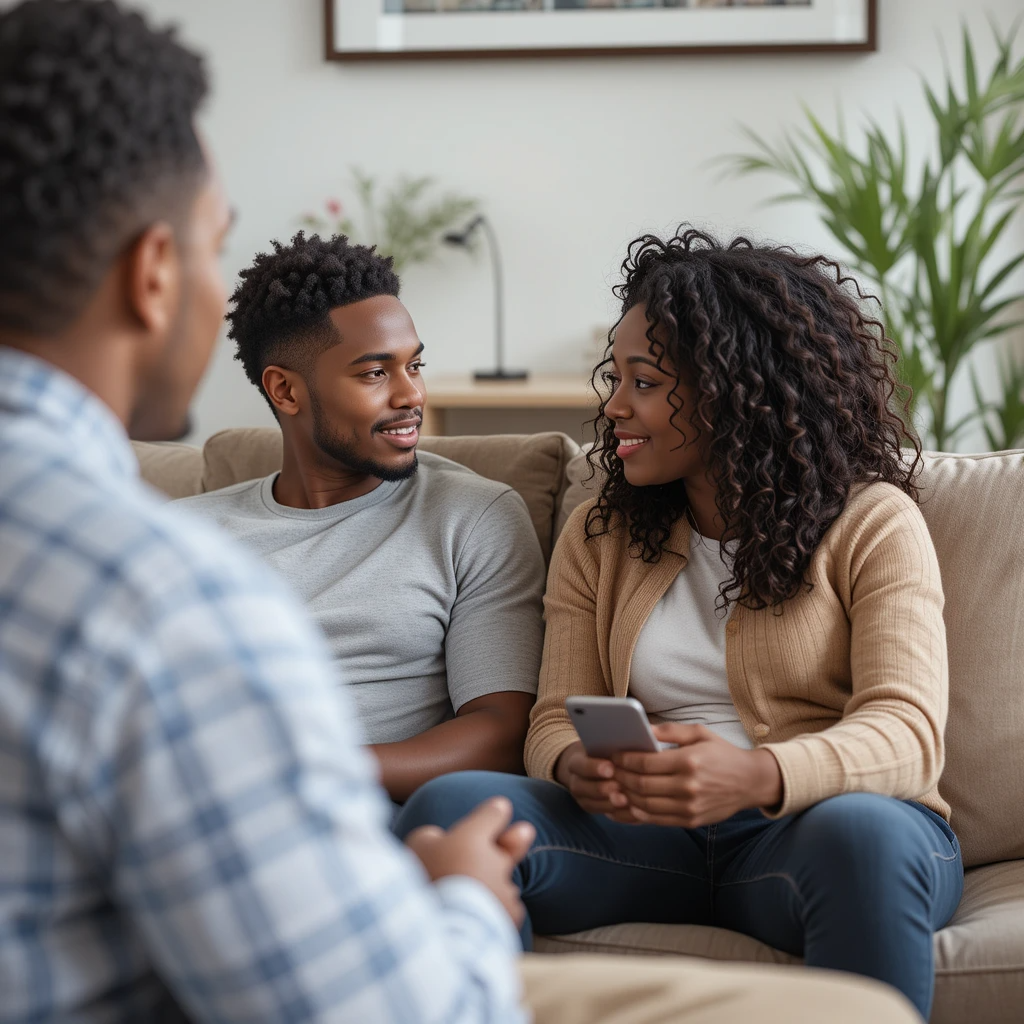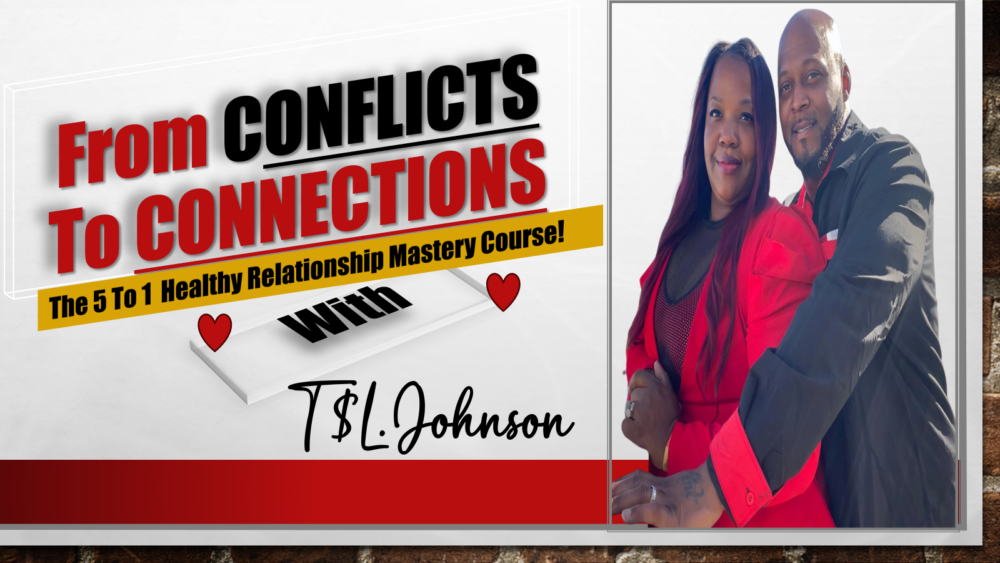Hey there! Today, I’m diving into a topic that hits home for a lot of us: the connection between vulnerability and communication. From my personal experience, I’ve learned that being open and honest can truly transform the quality of our interactions. Let’s break it down into five key areas that highlight how vulnerability plays a crucial role in effective communication.
Be Authentic
Embrace Your True Self
One thing I’ve found essential in communication is authenticity. When we show our true selves – flaws, quirks, and all – it creates a warm, inviting atmosphere. People are drawn to genuine emotions, and being yourself allows others to feel safer in expressing themselves too. It’s like a breath of fresh air.
When I started letting go of my ‘perfect’ facade, I noticed a shift in how people reacted to me. Conversations became richer and more meaningful. It’s as if the walls came down, and real connections were made.
It’s also refreshing to see others be authentic. You realize that everyone has battles they’re fighting, and sharing in those vulnerabilities makes us all human. It fosters intimacy and understanding like nothing else.
Share Your Stories
Storytelling is a powerful tool in communication, especially when combined with vulnerability. Sharing my stories – whether it’s about my personal challenges or joyful experiences – has allowed others to connect deeply with my message. When I speak from the heart, people listen more intently.
It’s fascinating to witness how storytelling can spark dialogue. The moment I open up about my journey, others often feel encouraged to share theirs. This reciprocal sharing creates a rich tapestry of experiences that enhances our understanding of each other.
Moreover, stories make abstract concepts more relatable. Instead of just throwing facts around, sharing personal anecdotes makes it tangible, allowing people to resonate with the message at a deeper level.
Encourage Others to Be Open
Creating an environment where others feel comfortable being vulnerable is key to effective communication. I’ve found that by being open myself, I encourage others to do the same. People appreciate when you take that first step, and it usually sparks a chain reaction.
I make it a point to ask open-ended questions that invite deeper dialogue. “How did that make you feel?” or “What was going through your mind?” helps others reflect and share. It shows that I care about their perspective, and that encouragement can lead to heartfelt conversations.
It’s amazing what emerges in these spaces of openness. I’ve had meaningful discussions that have led to insights, resolutions, and a greater sense of community, all because we dared to be vulnerable together.
Suspend Judgment
Practice Active Listening
No one wants to open up if they fear they’re going to be judged. I’ve learned that suspending judgment is vital for genuine communication. When someone shares something vulnerable, my job is to listen without running my mind through a list of responses or critiques. It’s about being present.
I find that practicing active listening helps me absorb not only the words but also the underlying emotions. It’s amazing how much deeper our conversations can go when we really tune in. Plus, it builds trust between us – they know I’m not just waiting to interject.
Active listening isn’t just about hearing; it’s also about responding appropriately. A nod, a simple “I understand,” or even a reflective question encourages further dialogue and shows that I genuinely care.
Offer Support, Not Solutions
When someone chooses to share their vulnerabilities, the last thing they often need is someone jumping in with solutions. I’ve learned that it’s my role to offer support instead. Sometimes, people just want to be heard and validated, not fixed.
In my experience, a simple acknowledgment like “That sounds really tough” goes a long way. It shows empathy and lets the other person know that they are not alone. Providing a safe space for them to explore their feelings is often more impactful than any advice I could offer.
Of course, if they ask for input, then I’m happy to share insights, but I try to tread carefully. The key is to prioritize their feelings and needs over any need to share my expertise.
Be Mindful of Body Language
Body language can often speak louder than words, especially when we’re discussing sensitive topics. I’ve really tried to pay attention to my nonverbal cues during conversations. Leaning in, maintaining eye contact, and nodding can convey that I’m truly engaged.
On the flip side, crossed arms or averted gaze can signal disinterest or judgment, which can shut down dialogue quickly. Being mindful of what my body is saying has helped me foster more open lines of communication.
Additionally, I try to create a welcoming space – whether it’s in person or virtual. A relaxed atmosphere where everyone feels at ease encourages a flow of thoughts and feelings, enhancing our connection.
Build Trust
Consistency is Key
Trust doesn’t develop overnight; it grows gradually through consistent actions. I’ve made a point to be reliable in my communications. When I say I’m going to do something, I follow through. This builds a foundation where others feel safe sharing their vulnerabilities with me.
From my perspective, trust is deeply tied to transparency. I aim to be transparent about my own feelings and experiences, which further encourages others to reciprocate. It’s a mutual agreement where we both feel secure.

Moreover, remembering previous conversations and following up shows that I care. It makes the other person feel valued, fostering an environment where trust can flourish.
Respect Confidentiality
Another crucial aspect of building trust is respecting what’s shared in confidence. If someone opens up to me about something personal, I hold that information close. It’s a sacred exchange, and violating that trust can cause irreparable harm to our relationship.
I make it a priority to communicate this principle right from the start. People need to know that what they share will remain confidential, which encourages more openness in our exchanges.
In my experience, when confidentiality is upheld, it builds a stronger bond. Individuals feel safe to explore deeper subjects, knowing that their vulnerabilities are honored.
Show Empathy and Understanding
Lastly, empathy is an essential element in the trust-building process. Really putting myself in someone else’s shoes and trying to understand their experiences helps cultivate trust. When I can express genuine empathy, it signals that their feelings matter, reinforcing our connection.
It’s not just about saying “I understand” but actively expressing that through my responses and demeanor. I share relatable experiences and feelings, which bridges gaps and humanizes our conversations.
This cultivation of empathy opens doors to deeper discussions, allowing us to share vulnerabilities more freely. Ultimately, it’s about creating a safe haven for each other.
Celebrate Vulnerability
Acknowledge the Strength in Being Vulnerable
Finally, let’s celebrate vulnerability! I’ve come to see it as a strength rather than a weakness. Opening up takes courage, and recognizing that can empower both myself and those I communicate with. I often express appreciation for others who share their thoughts and feelings, reinforcing the positive aspects of vulnerability.
When I share my own struggles and triumphs, it creates a ripple effect of acknowledgment and acceptance. It’s a way to remind everyone that it’s okay to be human, and we all face challenges.
Creating a culture of celebration around vulnerability encourages more people to step into their authentic selves. It’s a beautiful thing to witness and participate in.
Foster an Environment of Support
Creating a supportive space for vulnerability means engaging in affirming conversations and promoting a culture of understanding. I try to ensure that everyone feels valued and heard in my interactions. This approach encourages more honest sharing without the fear of ridicule or criticism.
Every time someone expresses their vulnerability, I find it’s crucial to validate their feelings, ensuring they know it’s okay to feel the way they do. This consistent affirmation builds a strong support network that boosts everyone’s confidence.
Over time, fostering support becomes second nature. It leads to healthier relationships and better communication overall. Each person’s voice contributes to this beautiful collective understanding.
Recognize Progress
Every time vulnerability is embraced, it’s a victory worth celebrating. I’ve learned to recognize and appreciate the progress made in these areas, both for myself and others. Celebrating our milestones, no matter how small, reinforces a culture of openness.
It’s amazing how acknowledging progress can propel us forward in our communication efforts. It encourages the continuing cycle of sharing and connecting at a deeper level, and who wouldn’t want that? It builds momentum!
So, let’s embrace our vulnerabilities and celebrate each other. Every step taken toward more open communication is a win for everyone involved.
FAQ
1. Why is vulnerability important in communication?
Vulnerability fosters deeper connections and trust. When we allow ourselves to be open, we encourage reciprocity in dialogue, leading to more meaningful interactions.
2. How can I practice being more vulnerable in my conversations?
Start by being authentic and sharing your experiences. Open-ended questions can also encourage others to share, creating a space for mutual vulnerability.
3. What if I fear judgment when opening up?
It’s natural to feel this way, but remember that most people appreciate honesty. Seek supportive environments where you feel safe to share your thoughts, and be mindful to suspend judgment when others share with you.
4. How does storytelling play a role in vulnerability?
Storytelling personalizes our experiences, making them relatable. Sharing personal narratives helps engage others on a deeper level, fostering connections through common experiences.
5. Can embracing vulnerability improve my relationships?
Absolutely! Being vulnerable strengthens bonds and builds trust. It allows for open channels of communication that can enhance the quality of your relationships.

Schedule Your First 20-Minute Coaching
Call With Us Today to see if we fit . You pick the price!
Click Here





